Fats are important to maintaining a healthy lifestyle. Many people may think that this means cutting down on all fats. However, there are significant benefits to involving the right types of good fats in your diet. This may sound counterintuitive to those trying to lose weight or get in better shape. The key lies in incorporating the right kinds of fats in the right amounts. This means eating or supplementing with ideal healthy fats instead of problematic bad fats.
What are the Types of Fat in Foods?
Saturated and unsaturated are two main types of fats in the foods you eat each day. Saturated fats, also known as trans fats, are the “bad fats” and are fats that tend to be relatively solid at room temperature. Unsaturated fats are commonly regarded as the “good” fats and can promote better health when consumed in the proper amounts. Unsaturated fats will generally be liquid at room temperature, often resembling oils.
Why is Fat Important?
Fats are crucial to a balanced diet, because they are one of the most energy-dense components in our foods. In addition to providing energy, they help the digestive system get the maximum absorption of the vitamins and minerals from the food we eat. Additionally, when you replace saturated fats with unsaturated fats primarily from plant sources, it can lower the overall risk of chronic heart disease.
Does Healthy Fat Make You Gain Weight?
When consumed in excess, any dietary component can cause you to gain weight. Fats, for example, have twice the calories per gram of other conventional energy sources like carbohydrates and proteins. When you ingest too many fats, even healthy fats, without the appropriate energy demands to utilize them, they can provide an overabundance of calories that may lead to weight gain.
Can Good Fats Help You Lose Weight?
Good fats are essential for a properly functioning body and mind and can actually help you lose weight. While they won’t make the fat suddenly vanish or “melt away,” as some may claim, they still perform functions that aid weight loss when combined with exercise and balanced nutrition.
Healthy fats will help you feel fuller and more satisfied with your food and will help control your hunger when you aren’t eating. They’re vital for helping to balance blood sugar levels, as well as for facilitating nutrient transportation throughout your body.
How do Healthy Fats Help Build Muscle?
The benefits of good fats don’t stop with helping the body more effectively manage blood sugar and healthy eating habits. They also help build lean muscle tissue. Unsaturated fats help boost levels of HDL, which is also known as “good cholesterol,” in contrast to the “bad cholesterol” LDL. HDL directly increases the production of HGH, or human growth hormone, which then increases amino acids. Amino acids are essential building blocks for lean muscle tissue used for not only adding muscle mass but repairing muscle fibres damaged during workouts.
Do Healthy Fats Give You Energy?
Healthy fats can give you incredible amounts of energy compared to the consumption of proteins or carbohydrates. Experts say that adults should have between 20% and 35% of their total caloric intake come from healthy fats. If this isn’t feasible, no more than 10% should come from unhealthy fats.
Since fats have nearly twice the energy per gram of other macronutrients, this can create high energy levels. While the number of overall calories is more important than whether those calories come from fat or carbohydrates, getting the energy needed from healthy fats instead of saturated or unhealthy fats is still important to remember.
What are the best food sources of healthy fats?
The best sources of healthy fats are natural sources that are largely plant-based. One primary way to incorporate these into your diet is using healthy cooking oils. The best sources of healthy fats include:
- Canola oil
- Olive oil
- Peanut oil
- Sesame oil
- Soybean oil
- Flaxseed oil
- Safflower oil
- Sunflower oil
There are several other sources where you can find healthy fats other than plant-based cooking oils. These sources include foods like fatty fish, soy products, nuts & seeds, avocados, and soft margarine.
Adding some of these items to your diet is often relatively straightforward, particularly for those that enjoy seafood. There are several varieties of fish that are fatty enough to have beneficial, healthy oil content. The types of fish with the highest content of healthy fats are arctic char, herring, mackerel, salmon, sardines, and trout.
Can you get healthy fats in supplements?
Another easy and cost-effective way to introduce healthy fats into your diet is with supplements. This helps get good fats into your diet without suddenly eating a lot more fish or deciding to saute everything in plant-based oil. There are several kinds of daily unsaturated fat supplements.
One common method is to take fish oil capsules. These contain a significant amount of omega-3s and medium-chain triglycerides (also known as MCTs). This is an excellent way for people who don’t like fish or want to limit their intake of fish. You can get several thousand milligrams of healthy fats by taking a capsule or two each day with your other supplements. This also makes them very convenient.
Wrapping Up
Fats can have a significant impact on your workouts. Adding the right type of fats gives you the energy you need to move through a vigorous and effective workout. Additionally, taking a daily supplement of healthy fats can help lower body fat, as well as build more lean muscle mass. More muscle mass increases the basal metabolic rate, burning even more calories.
If you can’t include more healthy fats, try to cut down on unhealthy fats. The most important thing to remember is to watch the overall caloric content of the fats that you consume and to ensure that they are healthy fats.





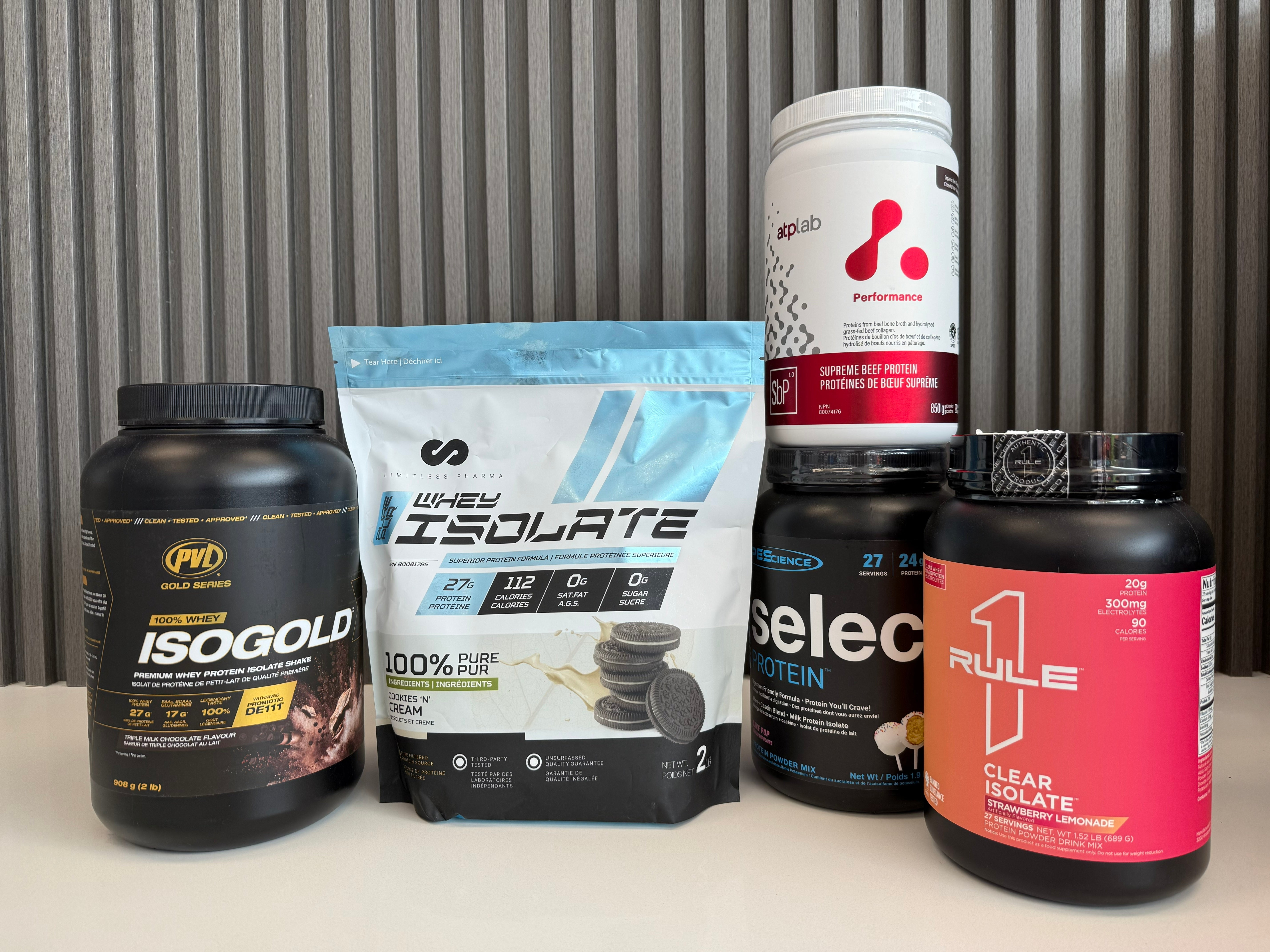
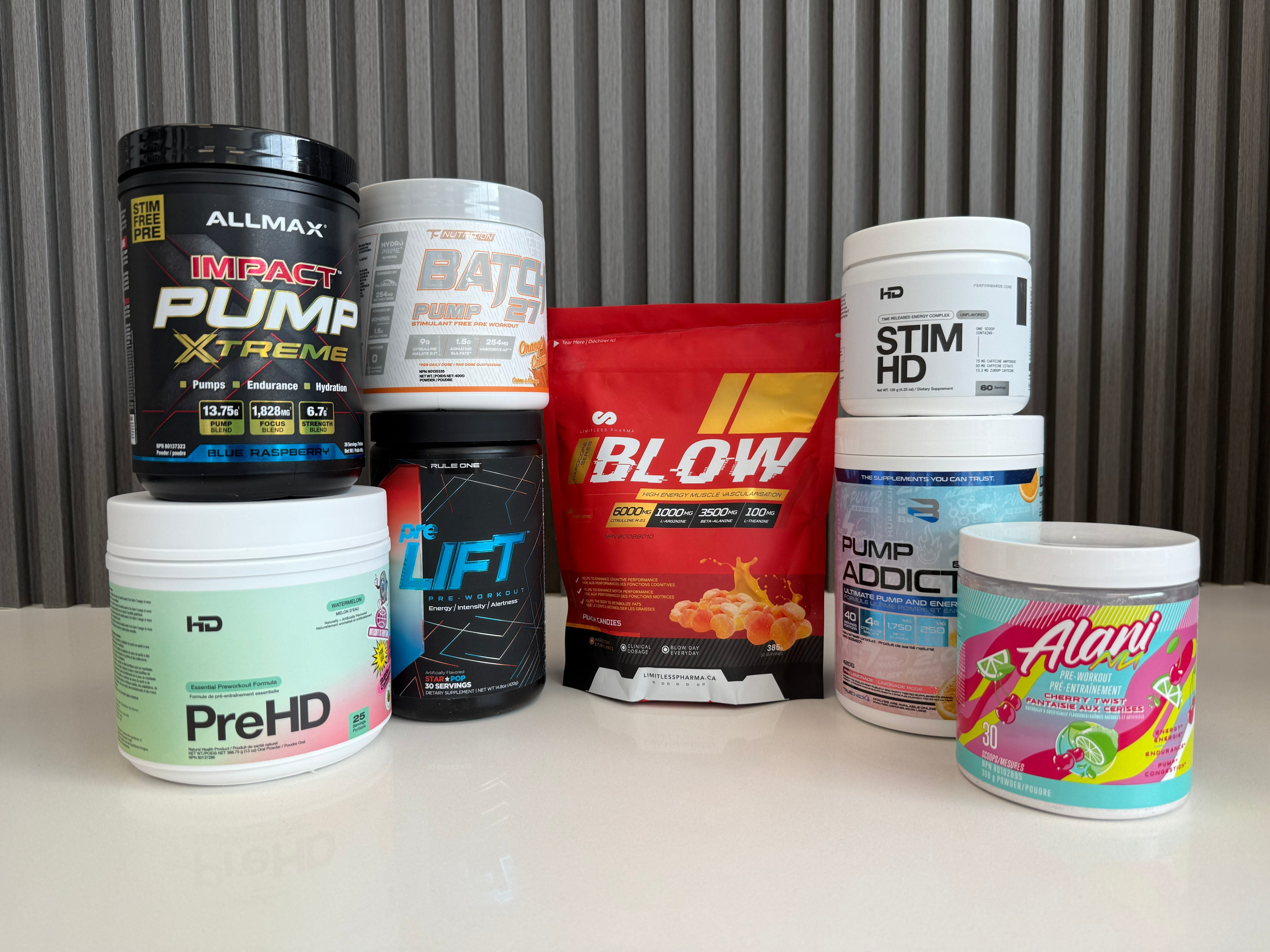
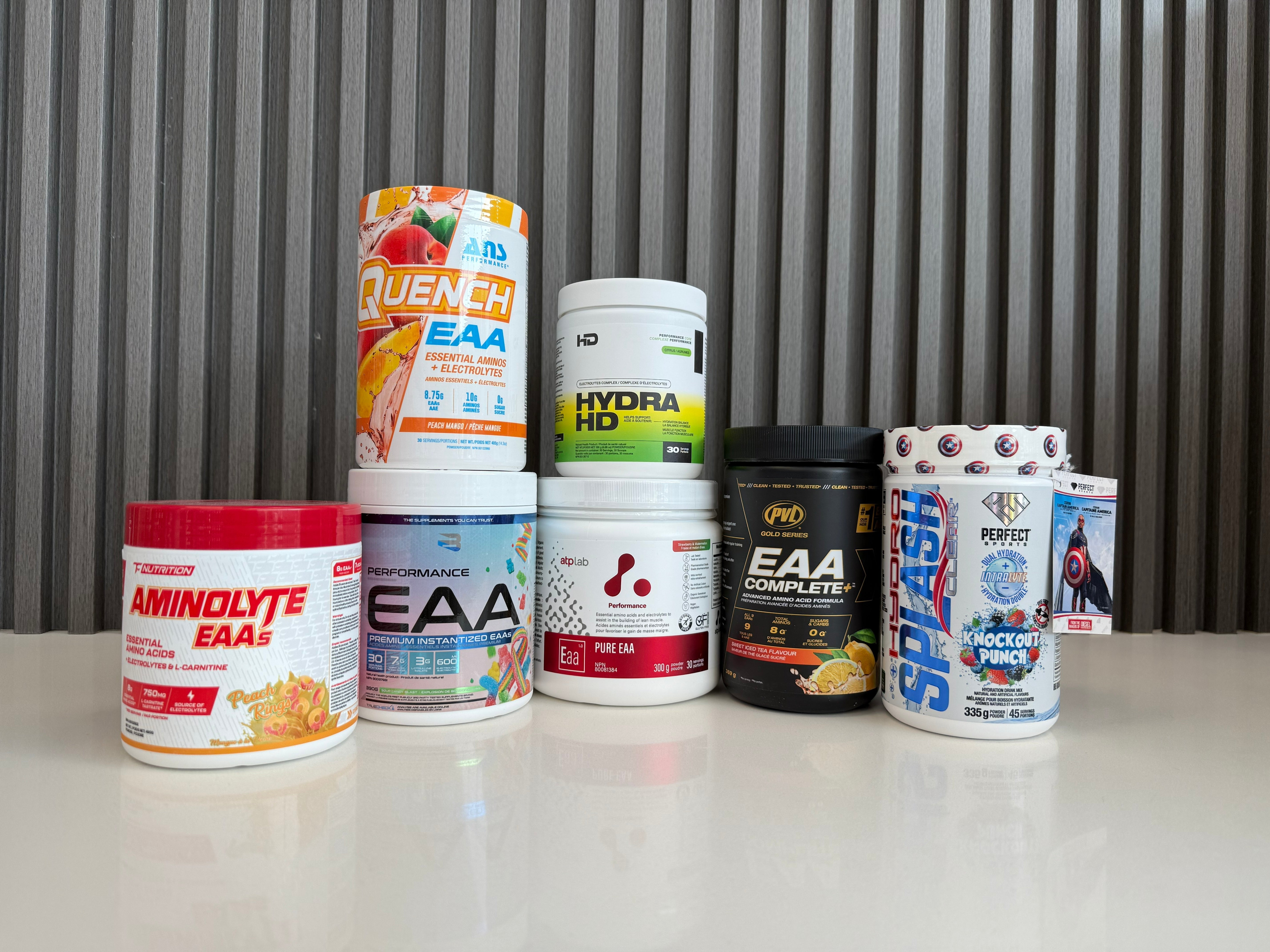
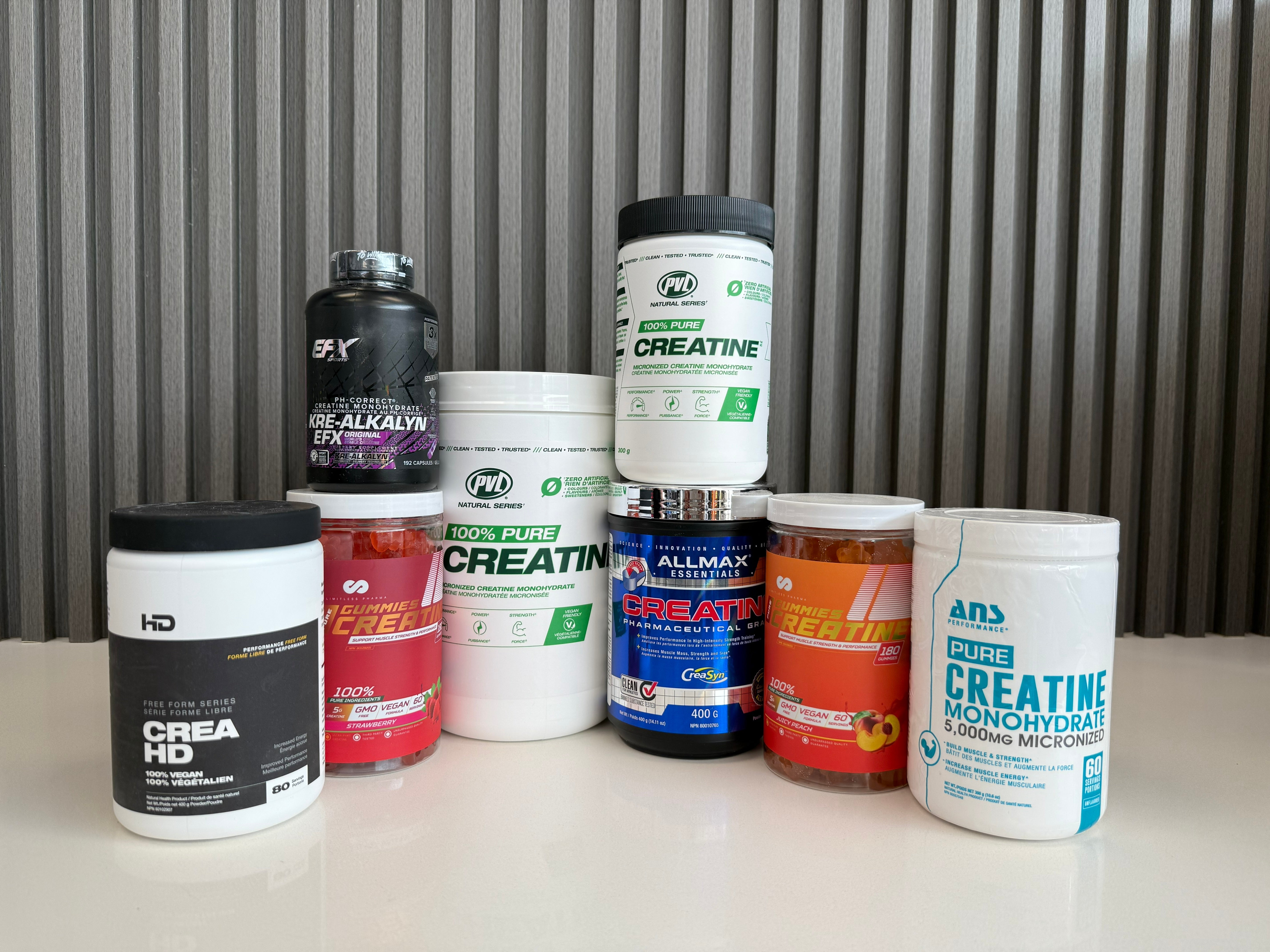
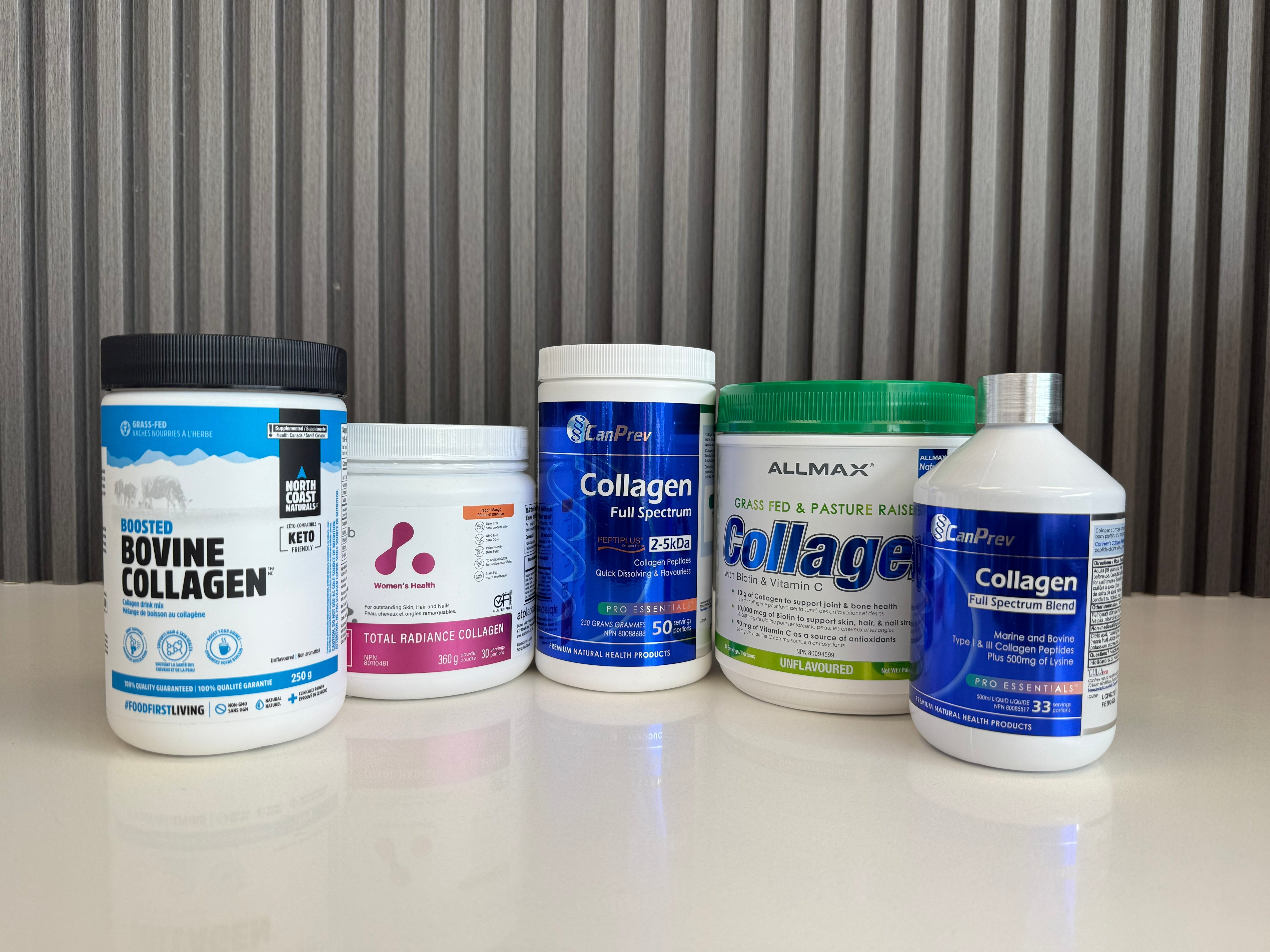
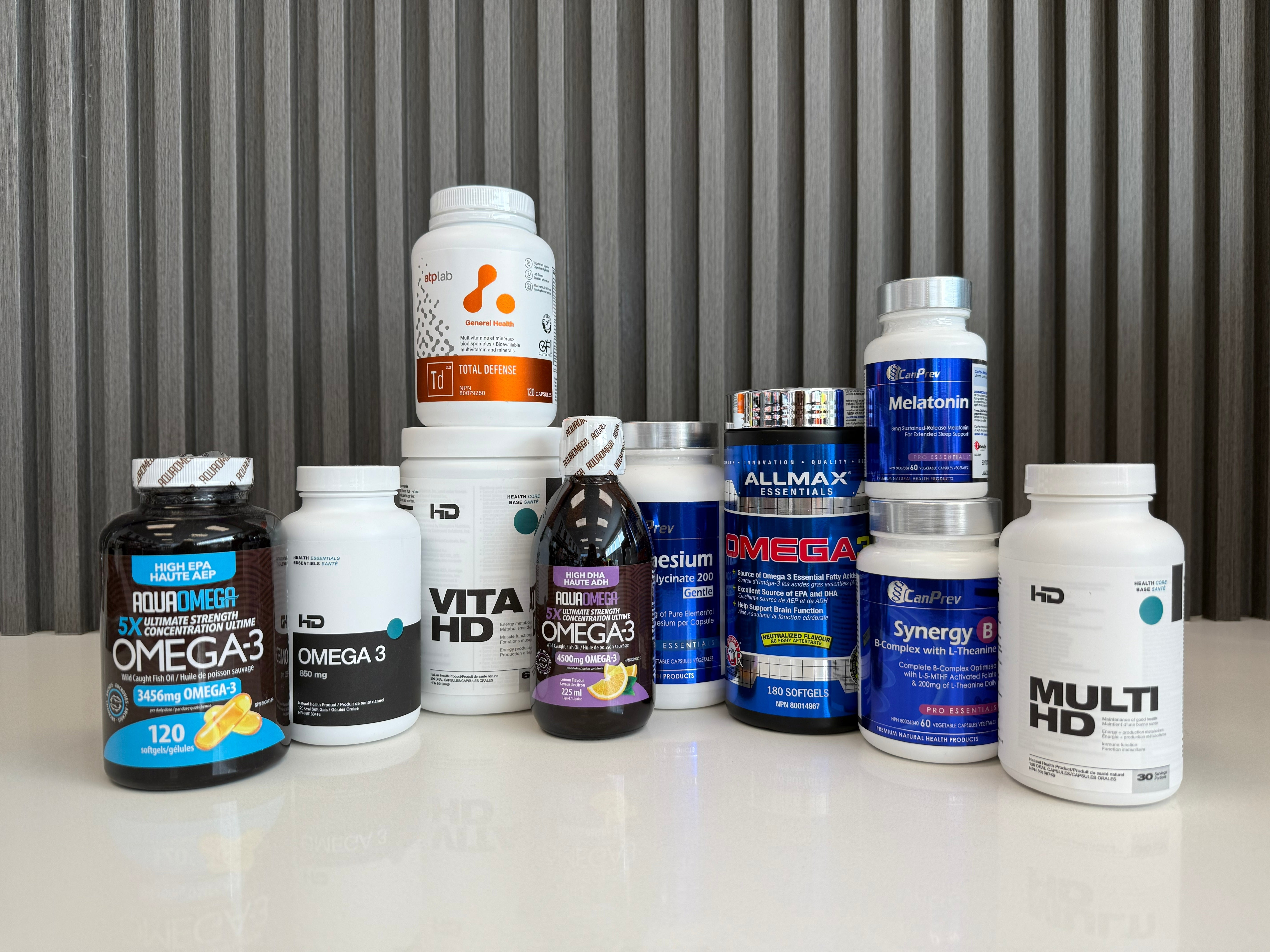
Leave a comment
All comments are moderated before being published.
This site is protected by hCaptcha and the hCaptcha Privacy Policy and Terms of Service apply.